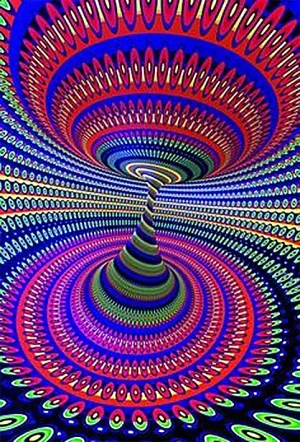Lerxst
Well-known member
- MBTI
- INFJ
I'm good at Intuitive math, I suck at math otherwise. Sometimes I just know what I need to do to solve the equation and get the answer. I can't show my work since I don't know what I did exactly, other than add and subtract a variety of things.
Theoretical Math I'm horrible at - Calculus, Algebra, etc. If two trains travel in opposite directions at... my mind always thinks in terms of, "one train can hit a car, get derailed and never make its destination... so who cares?!"
Strangely enough, I'm good at and enjoy at Statistics.
Theoretical Math I'm horrible at - Calculus, Algebra, etc. If two trains travel in opposite directions at... my mind always thinks in terms of, "one train can hit a car, get derailed and never make its destination... so who cares?!"
Strangely enough, I'm good at and enjoy at Statistics.

